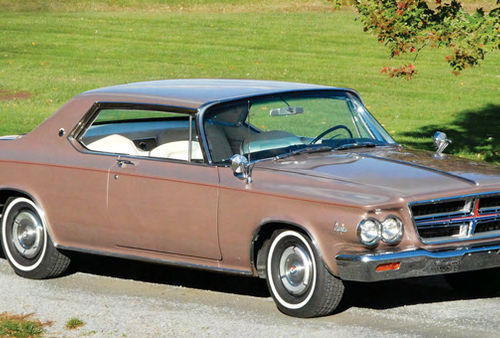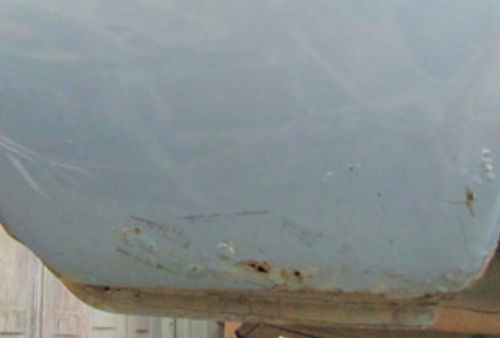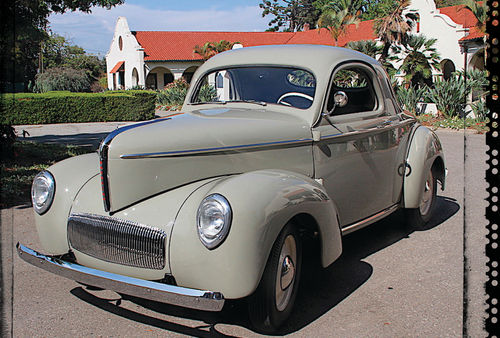Consider more than coolant additives
Question:
What do you think about radiator cooling additives like MotorMax Cooling System Booster, Kwickkool, etc. that advertise to reduce cooling system temperatures? I have a 390 cid Ford engine that consistently runs at about 230 degrees engine temperature and I wonder what would cause this and if these additives would keep it cooler.
Answer:
I can’t attest to the effectiveness of each specific brand of coolant additive but can tell you with certainty that at least some of them do reduce coolant temperature.
However, they are not a substitute for an intelligently designed, properly working cooling system and none of them will reduce your coolant temperature by 30plus degrees, which is what you need to do.
You have some underlying issue that is causing the engine to run at 230 degrees and my suggestion is to diagnose and repair the problem.
The radiator is a very important component and if it’s partially clogged or corroded or is too small for the application, it will contribute to a vehicle’s hot-running condition.
There are many other factors as well that can be causing or contributing to your overheating condition. What size are the cylinder bores in the engine? Most 390 Ford castings have good wall thickness and can easily sustain .060-inch over-bores, but if your block happens to be a weak casting, with thin walls or “core shift” (which results in one side of each cylinder having a thicker than normal wall and the opposite side having a thinner than normal wall) it will tend to run hot when the walls are made thinner by a significant over-bore.
Incorrect ignition timing can cause an engine to run too hot and an overly lean fuel mixture can do the same. Check your ignition timing and timing curve and make sure your carburetor is adjusted for a good mixture.
Obstructions in the grille area (including a license plate, fog lamps, etc.) will aggravate the problem by restricting air flow to the radiator. Gaps between the radiator and fan shroud can encourage air to flow around the radiator instead of through it. A bad water pump could also be the source of the trouble. An unusual but possible problem with the pump is a severely corroded impeller. With this, the pump doesn’t leak or show any other external signs of failure but because the impeller is deformed from corrosion it doesn’t move nearly as much coolant as it should.
If your engine is equipped with a fan clutch, look at that as well. The clutch is thermostatically controlled and is supposed to “slip” when cool and then engage when hot so the fan moves more air when the engine is hot.
One more thing to investigate is the accuracy of the temperature gauge. The sending unit and/or gauge in your car may be giving you a false reading.















